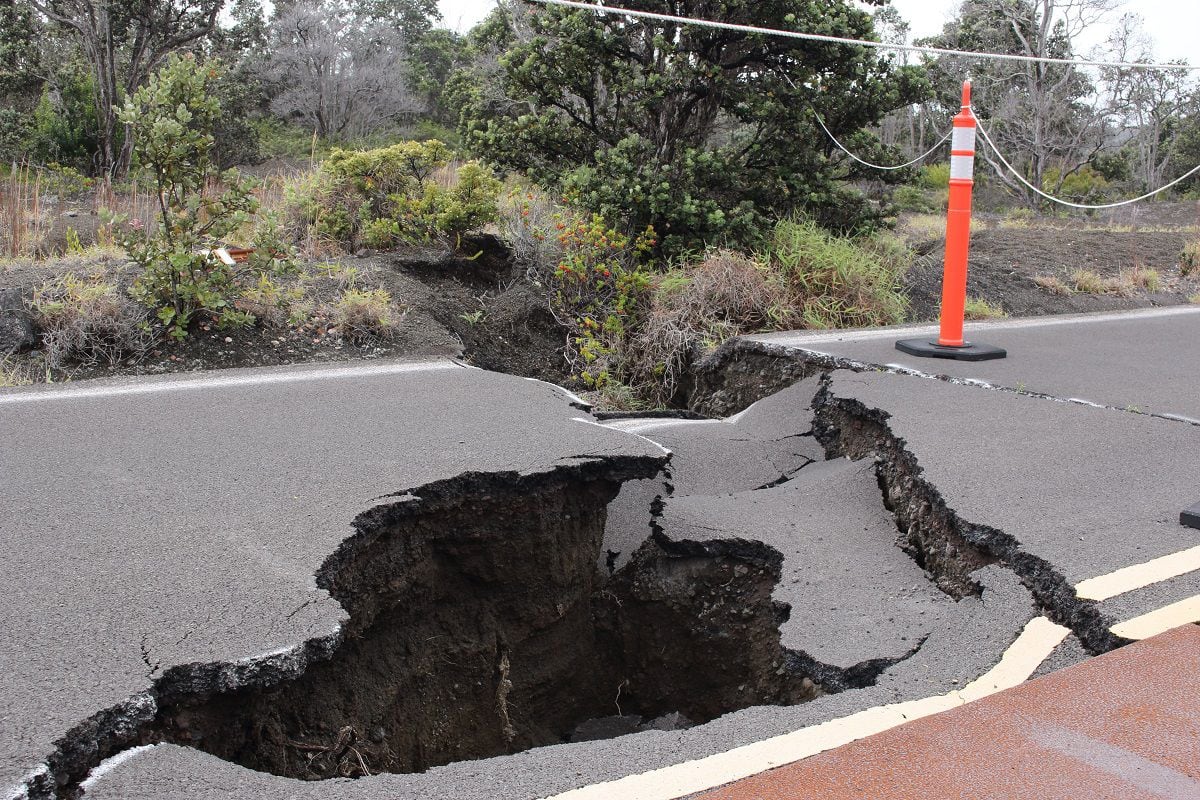A recent study conducted by the **Colorado State University** has discovered that **climate change** could be increasing **seismic activity**. This supports previous studies that provide evidence of the climate’s effect on **earthquakes and seismic activity**.
The new findings, published in the journal ‘Geology’, analyzed the **Sangre de Cristo mountains** in southern Colorado, a mountain range with an active fault running along its western edge.
The teams discovered that the fault had remained in place due to the weight of the **glaciers** during the last ice age. However, as the ice melted, the movement along the fault increased.
Slip rates (when fractures occur in the earth’s crust) have been five times faster since the last ice age than when the **mountain range** was covered in glaciers. This indicates that seismic activity along a fault could become more frequent **as glaciers retreat**.
“Climate change is happening at a rate that is orders of magnitude faster than what we see in the **geological record**,” said lead author Cece Hurtado in a statement, who conducted the study as her master’s thesis. “We see this in the rapid retreat of mountain glaciers in **Alaska, the Himalayas, and the Alps**. In many of these regions, there is also active tectonics.”
She added that their findings demonstrate that “as climate change alters ice and water loads, **tectonically active areas** could experience more frequent movements of **faults and earthquakes** due to rapidly changing stress conditions.”

## Effect of Climate on Increasing Seismic Activity
The researchers’ work adds to a growing body of evidence that climate influences **seismic activity**. “We have been able to model these processes for a while, but it is difficult to find examples in nature,” said Sean Gallen, Associate Professor of Geosciences and senior author of the study.
“This is compelling evidence. It suggests that the atmosphere and solid earth have close connections that we can measure in the field.” He added that the findings provide important information on the **causes of earthquakes**, which could be crucial for risk assessment.
Have you visited our YouTube channel yet? Subscribe now!

